Some positions require significant amounts of time for in-person or virtual meetings, or frequent phone or video-conference calls. Hard deadlines for conferences or reports mean that research papers can slide to the back burner.
Giron-Nava sets firm work boundaries — by dedicating at least 80% of his work time to fisheries research and other fellowship work. Pre-pandemic, he scheduled travel so that he had at least 7–10 consecutive days at home in California, and restricted his UN reading and work to long international flights when possible. During the pandemic, he blocks off at least one day per week to be free of video-conference meetings.
Mboa says that overstretched junior scientists need to say ‘no’ sometimes. He has learned to turn down invitations to speak on panels — especially when he feels that he is being asked because organizers want to simply tick a box to say they have “someone coming from Black Africa”.
Sall, who teaches, leads a non-profit organization and runs a company, sets weekly and monthly goals for each initiative. But despite delegating tasks to others, she still works six days per week, often late into the night, which can be mentally exhausting. She takes Sundays off and relaxes by listening to podcasts and audiobooks, watching television and films, and spending time with her family.
Ramirez wonders how her work on 500 Women Scientists will be valued in her tenure review. Many early-career advisers and advocates face pressure from their research supervisors and peers to spend more time on their own research. “Science continues to value science first,” she says.
Navigating that criticism can be tricky, but many early-career researchers say the advantages of their leadership work are worth it. Their passion projects keep them energized and pushing forward in their research and other roles.
As a group, Shockey says, junior scientists are less entrenched in specific scientific methodologies or processes, have fewer work commitments beyond their own research, and bring high levels of energy and creativity to endeavors. “That energy is absolutely a real thing,” he says.
But, he adds, that energy can easily be dismissed by organizations as not being as valuable as decades of experience. To his mind, that’s a mistake. “Excitement coupled with ideas”, he says, “is what drives things forward.”




